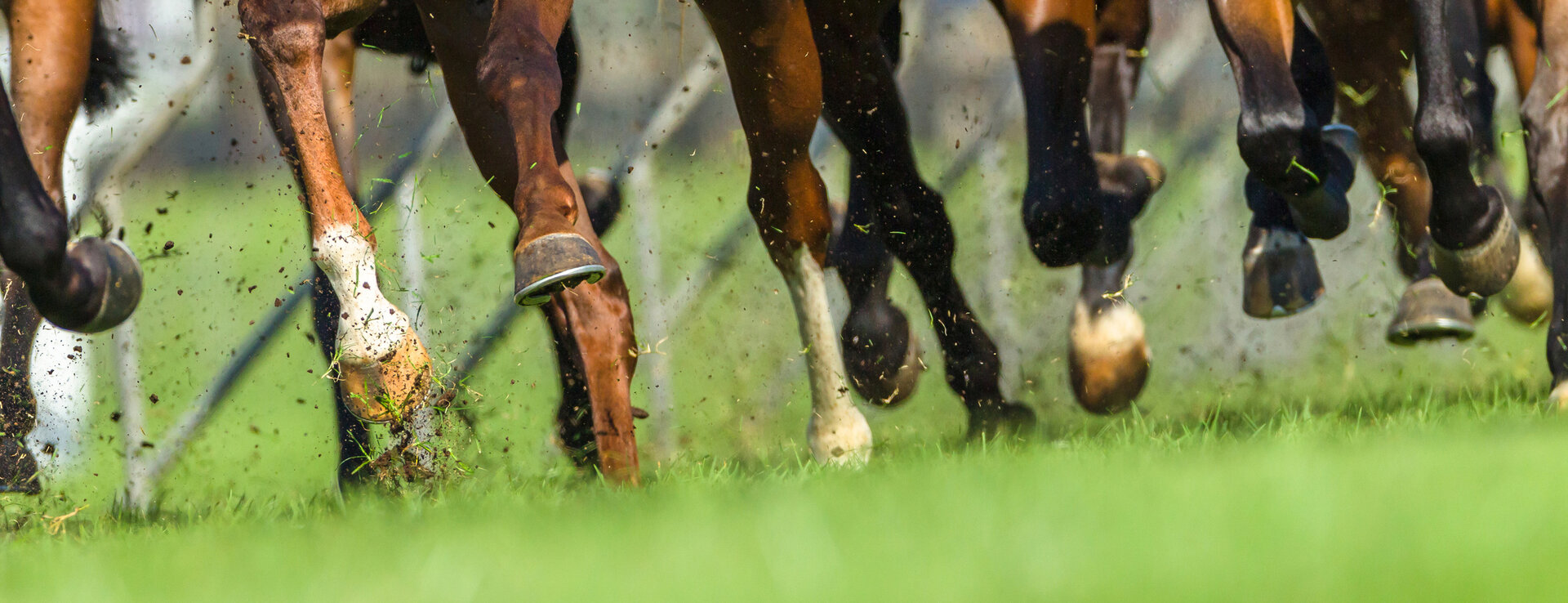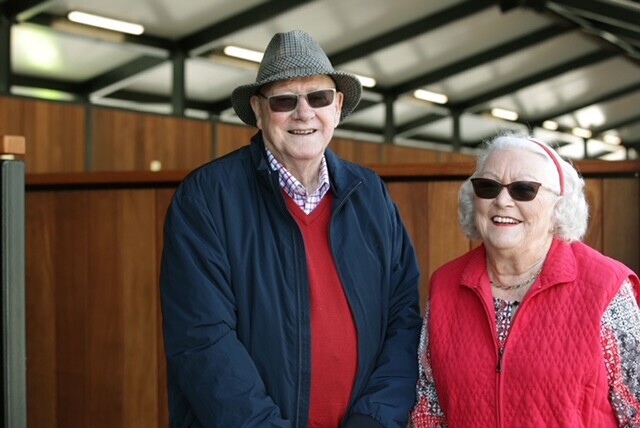Colin Jillings was many things to the hugely diverse circle he moved in, but first and foremost he was a master horseman who lived for his horses.
That quality was recognised for decades as the New Zealand Racing Hall of Fame trainer developed the full range of high class performers – champion two and three-year-olds, great sprinters, stayers and jumpers. It was also the dominant conversation point as the racing world took time to reflect on the death at age 91 on December 23 of the man known universally as “Jillo”.
“He was such a good judge of a horse, no matter what sort of obscure pedigree it might have,” commented one of his greatest mates and closest confidants, Kim Clotworthy. “Jillo could see something in a horse that others mightn’t and most of all he recognised that every horse had its own personality.
“He made a point of getting to know each horse, tapping into whatever talent it might possess and getting the best out of it. He had this incredible ability to take those horses right to the top.”
Clotworthy was a stock buyer when he first became acquainted with Jillings. He also possessed a heavy leaning towards the thoroughbred, which included an amateur rider’s licence and partnering the Jillings-trained Sir Gallant to a steeplechase win at Pukekohe. Their relationship was to reach its zenith in the 1970s with the champion three-year-old Uncle Remus, who Clotworthy raced in partnership with the colt’s breeder, fellow Northlander Grace Donaldson.
Jillings by then had wide renown as a trainer, having taken out his licence at only 19 years after his highly promising jockey career had been curtailed by weight issues. He could ride too, as illustrated by his mid-teens win on Royal Scot in the 1946 Railway Handicap at Ellerslie, where he served his apprenticeship with Ivan Tucker.
He was working in the Westfield freezing works when Auckland jeweller Albert Brownson offered him a private trainer’s role and the combination met near-immediate success when the two horses they took to Sydney both won.
His time with Brownson was short-lived, however, and Jillings found his way to the soon-to-boom South Waikato timber town of Tokoroa, where he worked on the Kinleith pulp and paper mill development. Destiny struck in the form of a local lass who he was to be married to for 65 years. Colin and Alison Jillings’ enduring partnership ended only when Alison passed away in September 2021.
Horses remained on the young man’s mind during his time in Tokoroa, leading to an acquisition by the name of Armed, who he patched up to win the 1959 Grand National Hurdle. Armed was ridden by Southland-born jumps jockey Brian “Baggy” Hillis, who was to combine again with Jillings on one of our very best jumpers, Brockton, in his 1972 Great Northern Hurdle-Steeplechase double.
In the mid-1950s Jillings had moved back north to train, eventually establishing a stable in Porchester Road directly opposite the Auckland Racing Club’s Takanini training centre, where he was to remain until his retirement in 2005. The winners simply flowed under Jillings’ astute guidance.
The 1956 Auckland Cup with Yeman was an early success, along with Lawful and Stipulate in the 1958 and 1960 editions of the Great Northern Derby. The Ellerslie classic deserves special mention in the Jillings context, as he went on to win it in either its original form or as the New Zealand Derby in all five decades of the second half of the 20th Century.
The most spectacular of those was 1977 victor Uncle Remus, while he also won with I’m Henry, one of those “obscure” horses referred to by Clotworthy, and The Phantom Chance, who was to add a Cox Plate.
Bob Vance caught a fantastic wave in the shape of Uncle Remus when in the early stages of his apprenticeship with Jillings. He was to ride the brilliant colt in all but one of his 13 wins (he was suspended for the other) and will always be grateful for the loyalty and faith his mentor placed in him.
“My apprenticeship was at a crossroads when I transferred to Jillo,” Vance recalls. “I had come from a broken home and Colin and Mrs Jillings took me in as one of their family, that’s just what they did for all of us there.
“He expected us to work hard but we would all have breakfast together cooked by Mrs Jillings and if you put in you were rewarded. I was only 17 or 18 when Uncle Remus was doing it all at three, yet Colin was so loyal, even the day I thought he was Phar Lap and got beaten in the Great Northern Guineas, he still stuck with me.”
The Jillings-Vance association remained solid beyond those champion apprentice days to include the likes of another champion colt in McGinty, and Vance still speaks with admiration and respect of the man who shaped his life.
“With Jillo the horses always came first, that’s the way it was, right down to the minutest detail. I learnt early that you didn’t dispute anything with him, you did it his way, which after all was the secret to his success.
“I remember when we were out at Ballarat with The Phantom Chance and another member of the team. They had their own paddock, yet every afternoon we would still take a horse each and walk three kilometres down the road and back again. That was Colin, just so meticulous and leaving nothing to chance.”
Te Akau supremo David Ellis had a long and rewarding friendship with Jillings, someone who he credits with “teaching me so much, not only about horses but life itself”.
“Jillo was my mentor in so many ways, he trained for me in my earlier years, he was always there to lend advice when I asked, and he was always a great supporter.”
Dennis Ryan, RaceForm.



